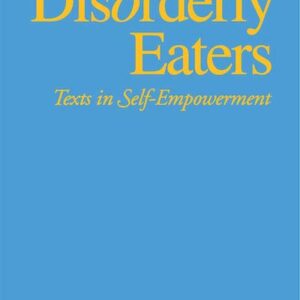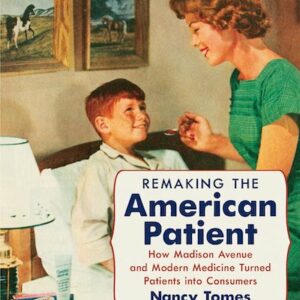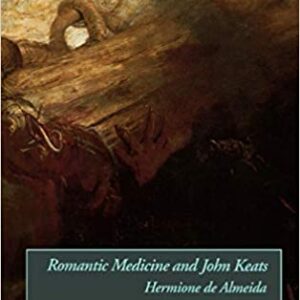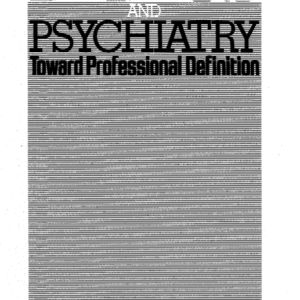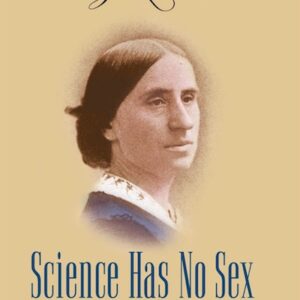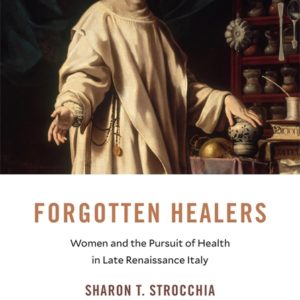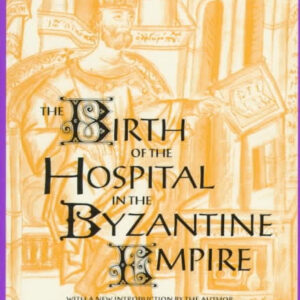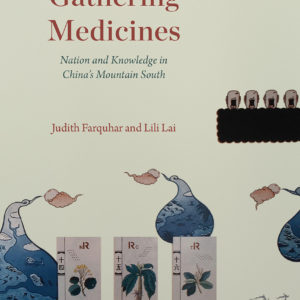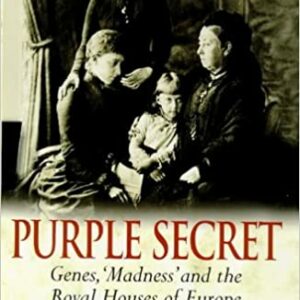
Purple Secret: Genes, “Madness” and the Royal Houses of Europe
By John C. G. Röhl (NHC Fellow, 1997–98) and David Hunt First published in 1998, this is a study, based on DNA sequencing, that traces the porphyria stain through the genealogical maze of Europe's royal dynasties to the present day descendants of the Houses of Hanover and Windsor, and the consequences it might have had … Continued
